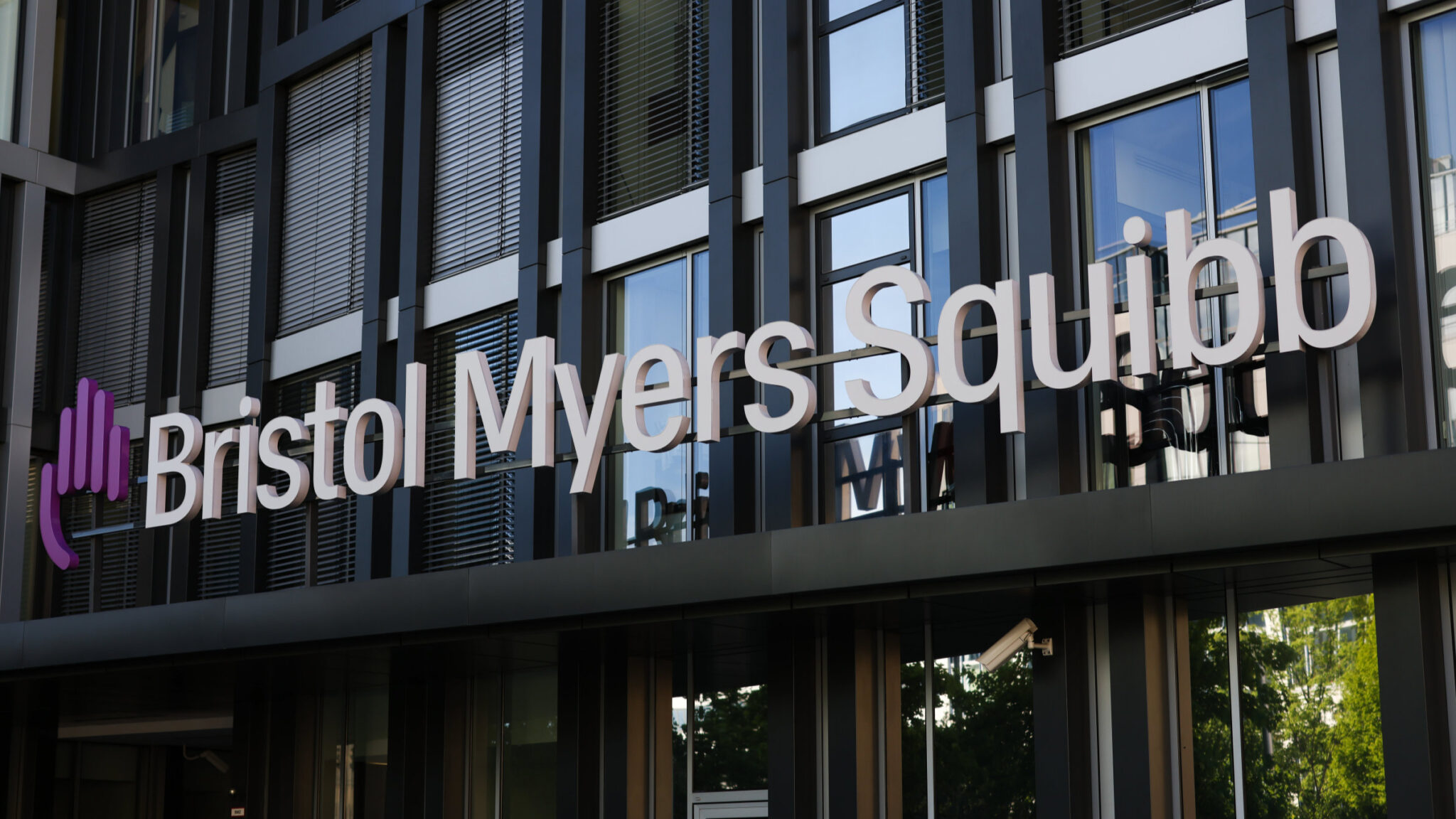
Bristol Myers Squibb sues Novartis for royalties surrounding the use of transgenic mice
Two Big Pharma companies are going to the mat over genetically modified mice in a licensing dispute.
Bristol Myers Squibb is suing Novartis in New York over a dispute concerning an evaluation, research and commercialization agreement stretching back to the late ’90s initially inked between Novartis and BMS’ predecessor Medarex. The deal in question allowed Novartis to use Medarex’s patented transgenic mice to develop therapeutic drugs. Novartis agreed to pay Medarex – and subsequently BMS – a royalty on sales of drugs it developed using the mice.
Unlock this article instantly by becoming a free subscriber.
You’ll get access to free articles each month, plus you can customize what newsletters get delivered to your inbox each week, including breaking news.